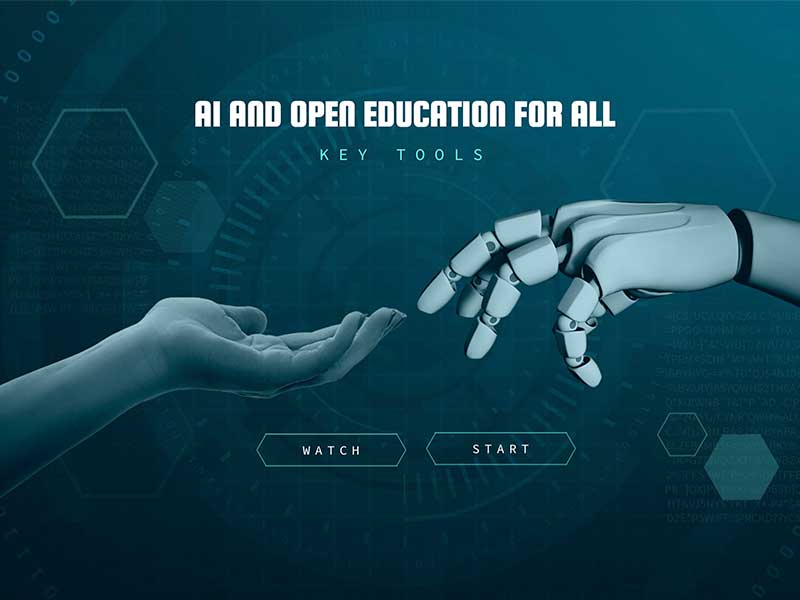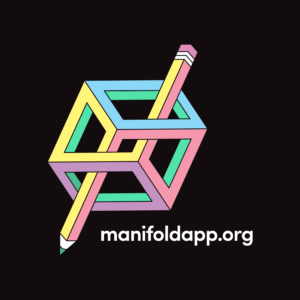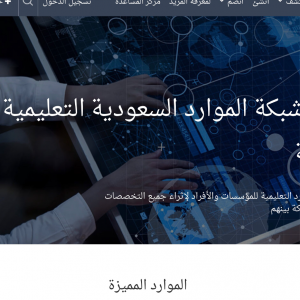AI and Open Education for All was conceived to address the key issues associated with AI integration in education. By focusing on the innovative and ethical use of AI, it’s goal is to develop and enhance educational resources that foster 21st-century competencies and collaborative learning. This project provides a robust framework for the responsible implementation of AI in education.
The project includes several AI-based initiatives and tools, all of which are openly accessible and have been used to foster innovative educational solutions, including
- The AI Databot provides a reference framework for the visualization of data and the presentation of research results, making data visualization more accessible and understandable for both educators and students.
- The AI Avatar Professor initiative guides students through distance learning courses, combining instruction with engaging illustrations and graphics. Accessible through open recordings on YouTube and our institutional repository, these AI avatars provide constant and personalized support, enhancing the distance learning experience. The AI Avatar Professor has accumulated substantial views on YouTube, reflecting its wide reach and impact. (
- TechnoIdeas AI Generator merges emerging technologies with the 17 Sustainable Development Goals (SDGs) to inspire innovative ideas. By accelerating ideation, design, and decision-making processes, TechnoIdeas AI facilitates the creation of new products and solutions, highlighting its impact on fostering creativity and innovation
- TechnoBot offers real-time assistance for student learning, available 24/7. It provides supplementary information, resolves doubts, and offers examples, fostering a culture of self-learning and critical thinking. TechnoBot has supported countless students, answering numerous queries and enhancing their learning experience.
The impact of “AI and Open Education for All” extends across multiple dimensions. We have collaborated with 50 institutions in 8 countries, reaching over 3000 learners and impacting 10,000 individuals. Our AI-enhanced OER has been integrated into various educational settings, demonstrating significant improvements in engagement and learning outcomes. These collaborations have also led to a robust network of educators and researchers committed to advancing AI in open education.
Despite the potential of AI, its integration into education presents significant challenges. To address these, our project emphasizes the importance of ethical frameworks, such as those proposed by UNESCO and the European Union. We have developed an “AI Decalogue” —ten best practices for the use of AI in higher education—crafted with input from experts across various disciplines. This decalogue, published on social media, has achieved a wide audience reach, ensuring scientific and ethical integrity, data confidentiality, and mitigation of biases in AI.
To continue the dialogue on AI and education, we are launching a call for papers titled “Artificial Intelligence (AI) in the Complexity of the Present and Future of Education: Research and Applications,” inviting researchers worldwide to contribute to the development of AI in education. This initiative focuses on innovation, ethics, the development of open resources, and policy formulation, promoting open collaboration among global researchers.
The “AI and Open Education for All” project tackles current educational challenges through the use of AI, promoting the creation of an ethical and collaborative framework for its implementation. By inviting society, universities, governments, and businesses to participate, we aim to build solutions that advance our understanding and application of AI in education, fostering collaboration and accessibility for all.
Award Nominator
This is an interesting example of how AI is being applied to open education. It also does so through more than one tool and backed up by a useful ethical framework. It is gaining traction with users and offer much scope for development.
Award ReviewerWhat I appreciate the most is how the nomination emphasizes the responsible and effective use of AI in education such as promoting ethics, ensuring data confidentiality, mitigating biases and adhering to open education principles. I also appreciate the collaborative nature of this project (with collaboration with 50 institutions in 8 countries) and its alignment with the sustainable development goals
Award Reviewer




